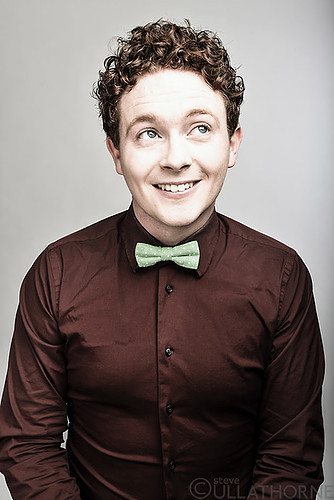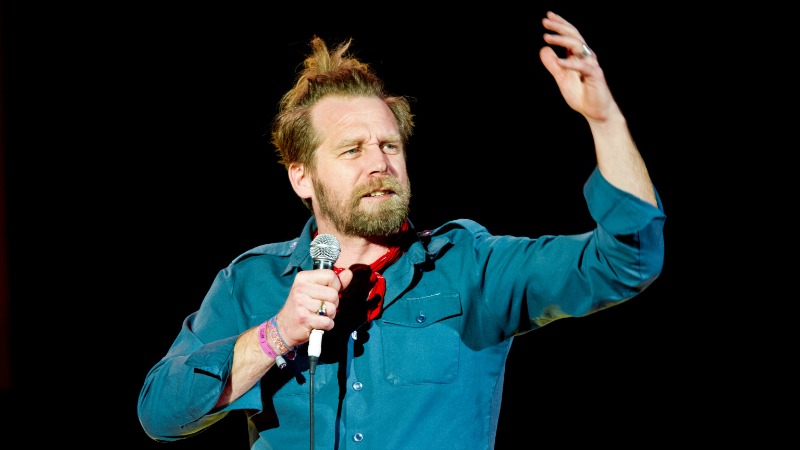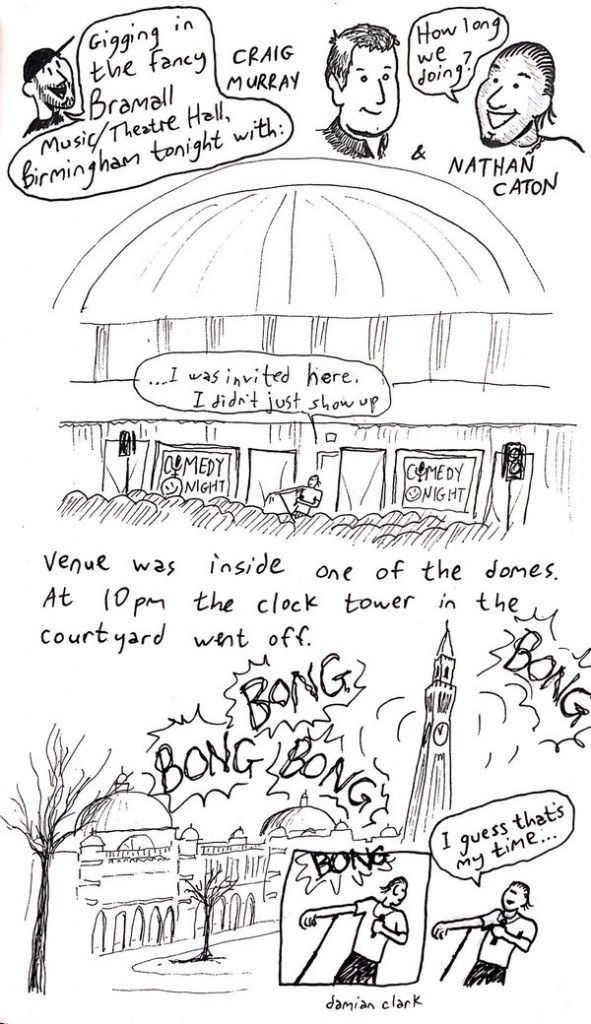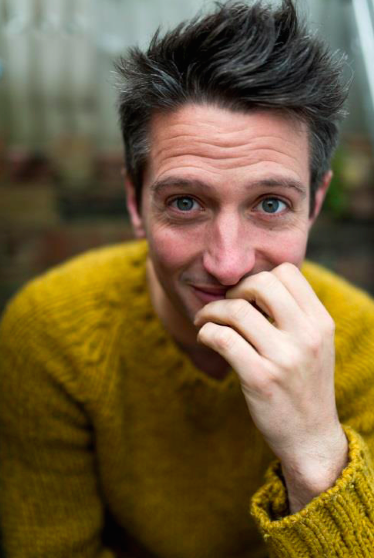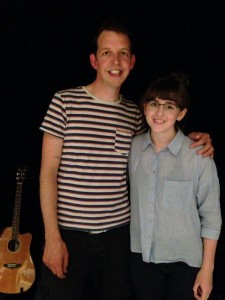
Ivo Graham
The latest comedy night at the Bramall at the University of Birmingham sees two returning acts to the stage, compèred Australian stand up Wayne Deakin. Deakin’s enthusiastic demeanour allows him to win over a crowd within the first couple of minutes, even a particularly quiet, low-energy gathering it seems. He flits around the room, asking surprisingly interesting off-the-mark questions to audience members about their jobs and relationships. Deakin is able to effortlessly create an atmosphere of familiarity and goodwill, summoning an energy from apparently nowhere which enables him to break through any starchy feeling that a compère may be faced with.
Next, Ivo Graham ambles on stage, announcing that there is a “nervous energy in the room,” of which he seems to feed off. Graham is apologetically middle class, appearing rather defeatist in his outlook at times, perhaps due to an apparent concern for the way others might perceive him. Immediately adopting a ‘loser’ status, it seems that this comic wishes to be likeable but also slightly enjoys the alienation that comes with playing up to his Eton College upbringing. Ivo proves himself to be a very capable and efficient storyteller, incorporating a sinister element to his delivery that may be caused, in part, by the inevitable tension caused by confiding in an audience about his schooling.
The final performer of the evening is Andrew Ryan. Charming and bright-eyed; eager to entertain and unafraid of sharing more intimate details about his life in front of a live audience. His anecdotes are confident and consistent, his delivery assured, and even relatively untested material seems to have legs. It appears that this gig provides particular benefits for the structuring of Ryan’s narratives, with the comic feeding off his own energy to propel him in all sorts of directions, providing plenty of room to develop these for his latest Edinburgh show.
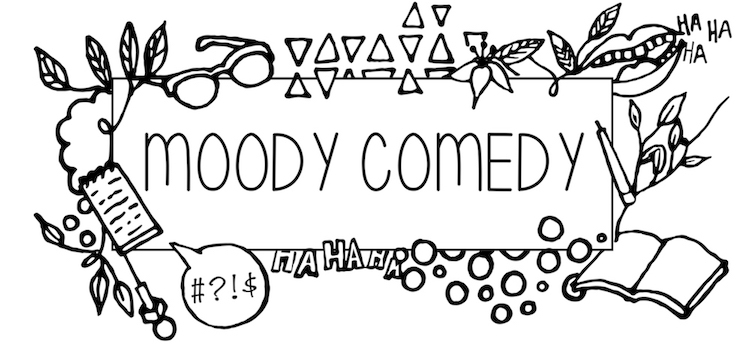

 Let us not forget that Bridget Christie is an ever-developing performer, appearing to change the focus of her comedy to fit the time of writing, and this is a hugely admirable trait in an act, reducing the possibility of any stagnancy. Yes, feminism is a greatly talked-about topic, and it can get boring to have to keep covering old ground as the issues refuse to be resolved, but it is to Christie’s credit that this is not her first show with the issue of inequality at its core, and we are yet to get bored. Bridget Christie is a re-inventor, an innovator and voice of absolute sanity. And she and I would like to have it noted that we both look quite like Oliver Cromwell.
Let us not forget that Bridget Christie is an ever-developing performer, appearing to change the focus of her comedy to fit the time of writing, and this is a hugely admirable trait in an act, reducing the possibility of any stagnancy. Yes, feminism is a greatly talked-about topic, and it can get boring to have to keep covering old ground as the issues refuse to be resolved, but it is to Christie’s credit that this is not her first show with the issue of inequality at its core, and we are yet to get bored. Bridget Christie is a re-inventor, an innovator and voice of absolute sanity. And she and I would like to have it noted that we both look quite like Oliver Cromwell.